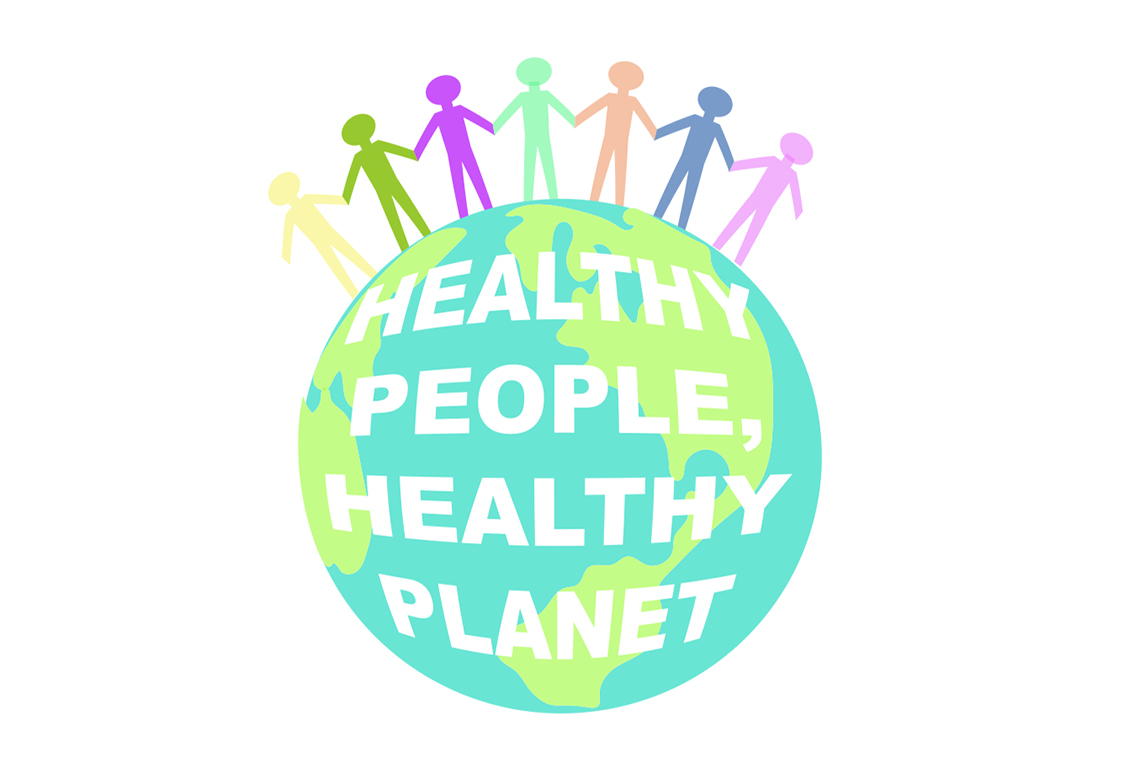For second year, majority of Michigan residents choose environmental safety over economic gain
Michigan residents reported growing concern for the risks facing the environment even after facing division on politics in the Healthy People-Healthy Planet Poll, led by the Health & Risk Communication Center (HRCC) at Michigan State University.
The representative online poll surveyed 1,000 Michigan residents about issues specific to Michigan and the Great Lakes region, including their attitudes about the environment, the economy and government policy.
Between Economic Growth and Environment
In the survey, 67 percent of respondents expressed that the environment should take priority, even at the risk of curbing economic growth. This is an increase from 59 percent of respondents who answered a similar question in the same way in 2017.
Responses to the question differed starkly by vote choice in the 2016 presidential election, revealing division among Michigan residents along party lines. According to the survey results, 90 percent of people voting for Hillary Clinton in the 2016 election said the environment should be given priority, while only 41 percent of people voting for Donald Trump responded in this way.
“These new results reinforce and deepen our understanding of how Michigan residents feel about the environment,” said study lead Daniel Bergan, associate professor in MSU’s Department of Communication. “People care about economic development, but not at the expense of environmental quality.”
Protecting the Great Lakes
The survey also measured public opinion about projects in Michigan and issues facing the Great Lakes, including the regulation of fertilizer use, the presence of algae blooms in the Great Lakes and the Line 5 oil pipeline in the Mackinac Straits.
Nearly half of respondents thought the Line 5 pipeline should be removed from the Mackinaw Straits, at 46 percent. In addition, 35 percent thought the Line 5 pipeline should be encased in a tunnel, and only 19 percent thought the pipeline should continue to operate as is.
A majority of respondents, 79 percent, also favored having the state of Michigan require limitations on fertilizer use to reduce algae blooms in the Great Lakes. The responses showed a correlation to vote choice in the 2016 election, though respondents came out in support of protecting the Great Lakes in large numbers.
United on Environment, Divided on Politics
“Even with the big difference by how people voted, we’re seeing a consistent attitude about the importance of the Great Lakes to people who live here,” said Professor Maria Lapinski, Director of the Health & Risk Communication Center. “Similar public opinion results have been reported from Illinois residents.”
Most people who voted for Clinton supported using policy to deal with algae blooms at 89 percent, as did 71 percent of those who voted for Trump. The divide widened when economic growth became a factor. Almost two-thirds of Clinton supporters (63 percent) favored shutting down Line 5, versus about a quarter of Trump supporters (26 percent.)
The Healthy People-Healthy Planet Poll (HP2) was funded by the HRCC and the Department of Communication, which are housed in the College of Communication Arts and Sciences. The Health & Risk Communication Center serves as an interdisciplinary center with more than 50 faculty experts who engage in education, outreach and research relation to risk management and health promotion.
The center is home to the Health and Risk Communication MA program and the Iris Scholars Program, which translates research findings into practice. For more information, visit http://hrcc.cas.msu.edu.

